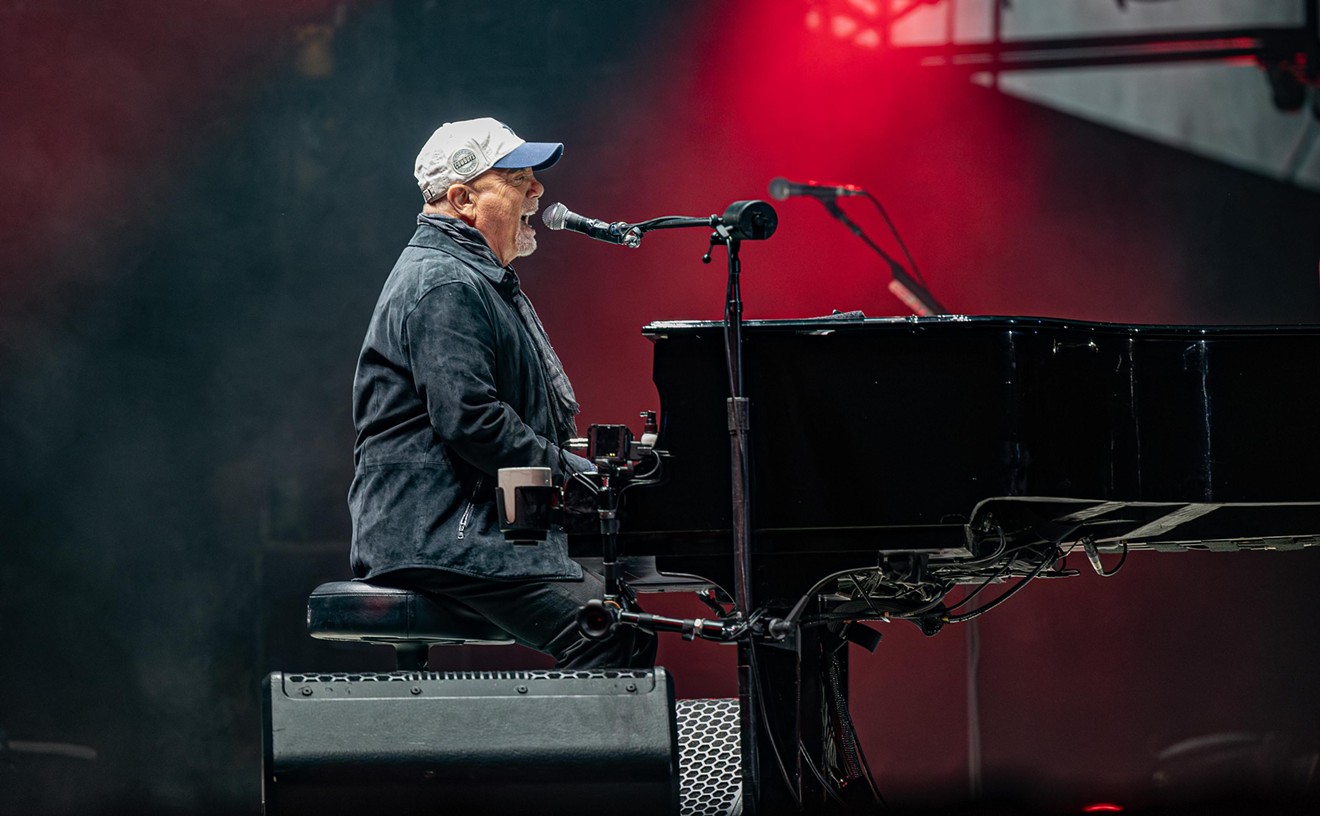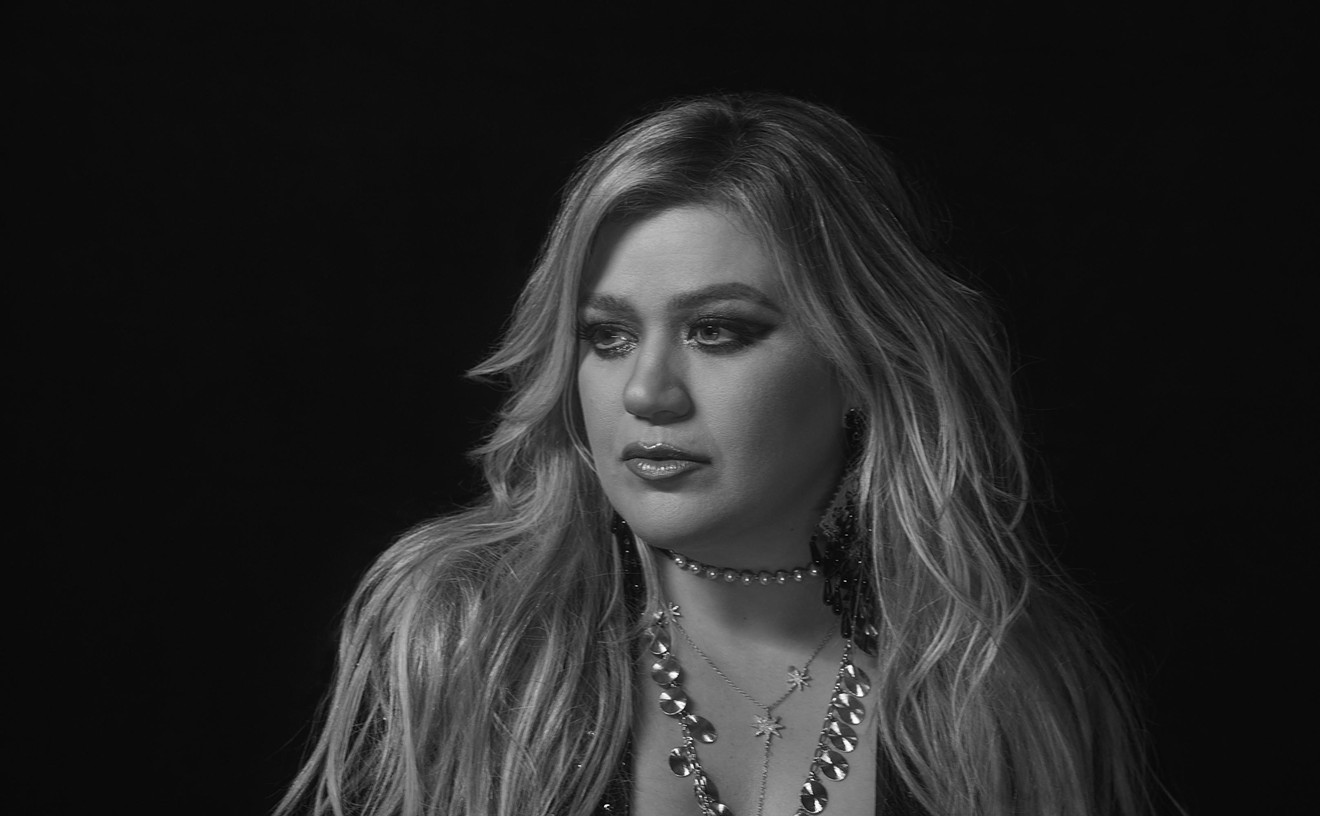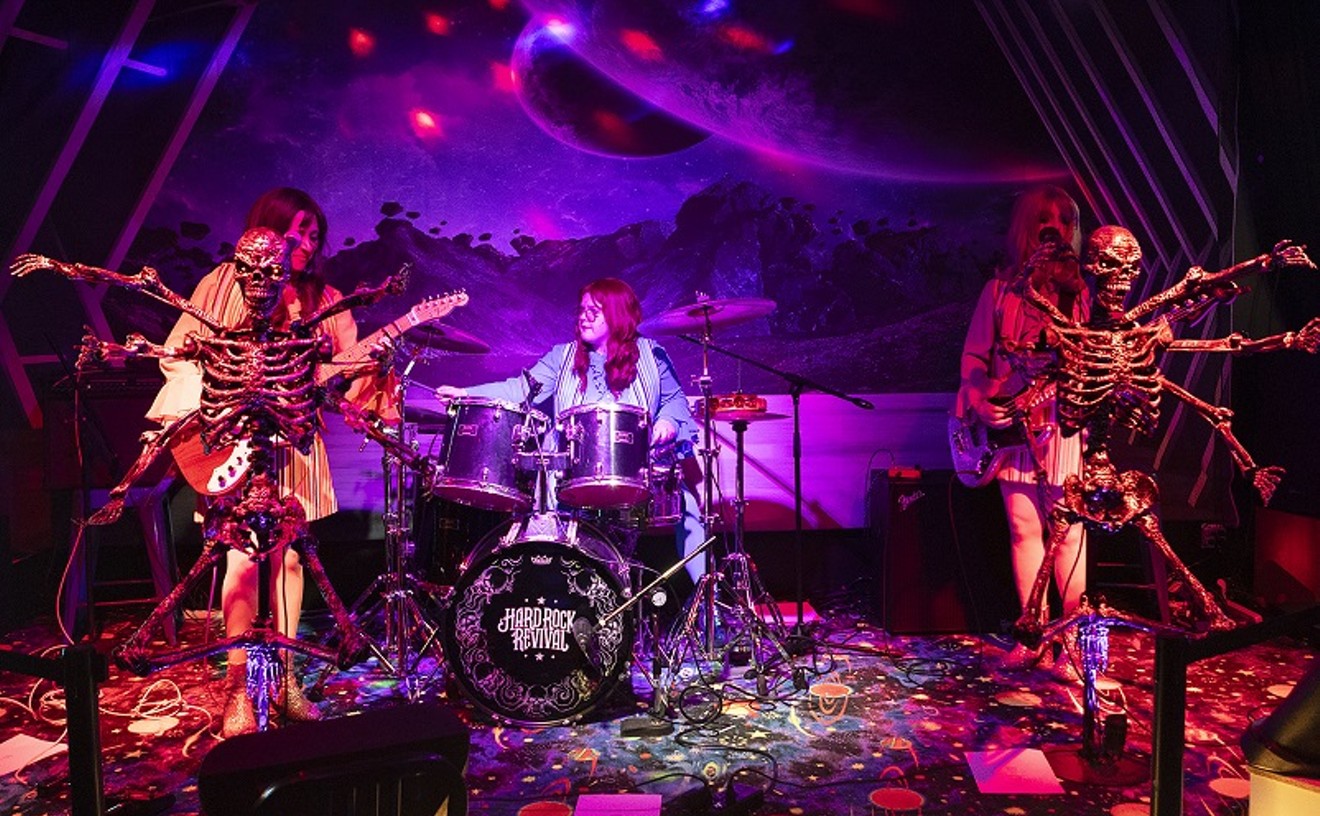Two weeks after completing your prison sentence, you moved to New York to pursue your music career. How did you end up getting signed?
I sent a tape of a performance from prison to the Apollo Theater. Somebody saw it, and to make a short story short, I did the Apollo Theater Amateur Night and won a couple of times. I still couldn't get signed. I stuck around New York, did every open mike there and won all of them. After that, the offers started coming in, and we rolled with Sony.
Your father died in a shootout when you were young. On the track "Radio," you talk about trying to find your father's killer. Did you try to find him?
I did once upon a time. But it's more like a metaphor. I wasn't actively trying to find him, because I knew who my father's killer was, but I guess I was just trying to come to terms with it in the song.
How has his absence influenced your view on fatherhood?
I think it makes it more important. My attention is there; it's noticeable. I try to make sure that [my son gets] all the stuff I missed. You need that male figure in their life. A man can only learn to be a man from another man.
Your lyrics, with their detailed narratives, seem to have more in common with rap than with mainstream R&B. On "Down Here, Up There," you say that "the ghetto has a way of manipulating the children." Could you elaborate?
The ghetto tricks a lot of people. From your vantage point in the ghetto, you only see the pimps, the players, the hustlers. You think that just reflects life, because your personal environment is your whole world, but there is a whole world outside that environment. You're tricked because you never leave your ghetto.
What would you say to those young people who think going to jail is cool or, sadly, an accepted rite of passage?
I think you have to ask by whose standards. If you say by society's standards, society also says it's cool to have unprotected sex, and people die from that. And society says it's cool to be out there on the block hustling, but people go to jail for life for that. So you have to get a whole new understanding of what's more important, the way society looks at this stuff or the way you look at stuff as an individual.










